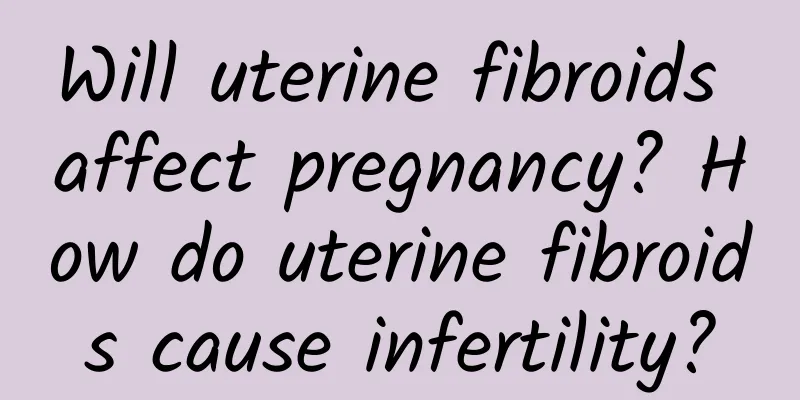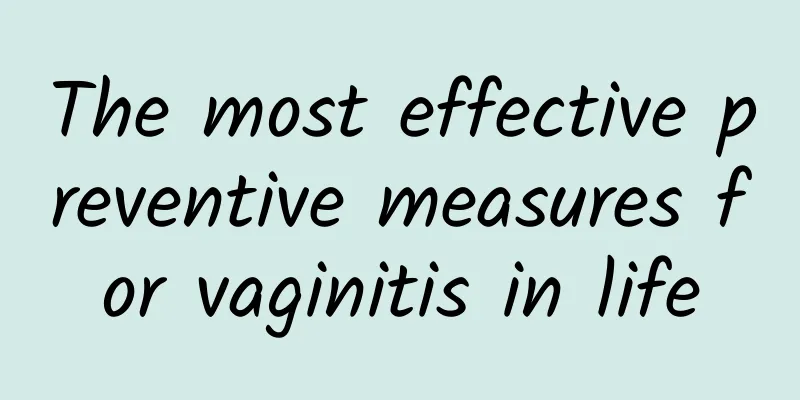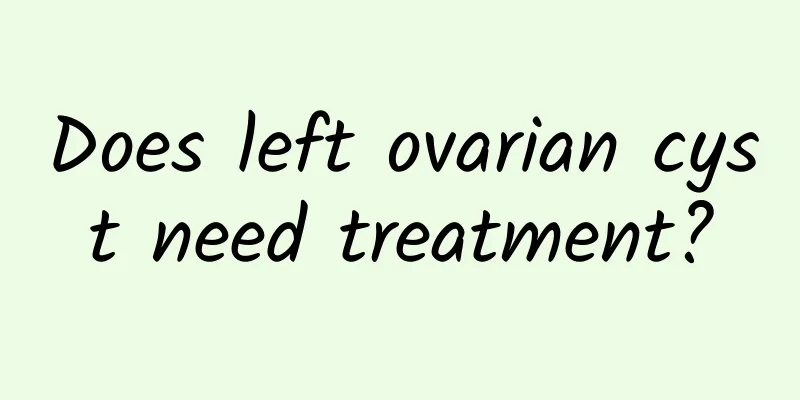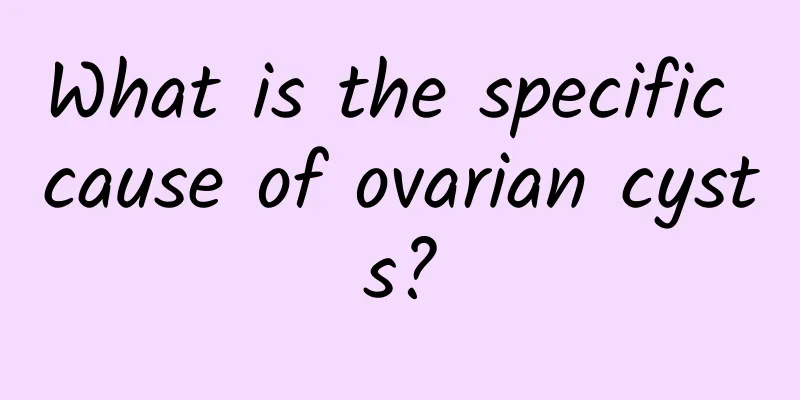Can uterine cysts be prevented?
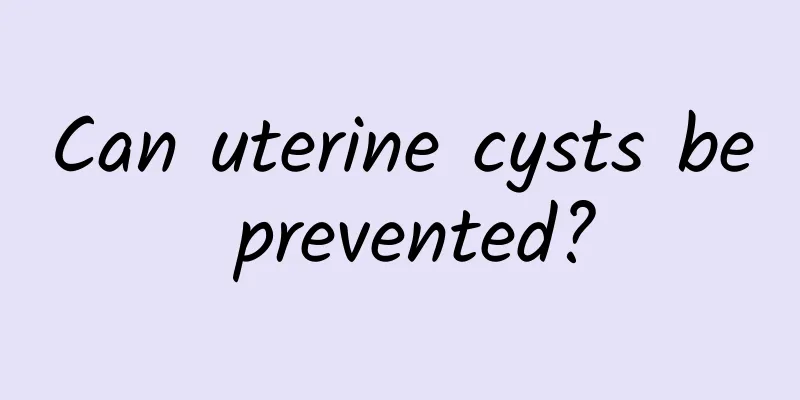
|
Uterine cysts can be prevented by paying attention to lifestyle, regular physical examinations, and reducing risk factors, but their occurrence cannot be completely avoided. Although the formation of some cysts is related to genetics or uncontrollable factors, the risk of disease can be effectively reduced through scientific management. There are many reasons for the formation of uterine cysts, including pathological factors such as hormonal imbalance, chronic inflammation or infection, and endometriosis. Genetic predisposition may increase the probability of disease, but environmental factors and physiological conditions also play an important role. For example, excessive stress in life and irregular work and rest may lead to endocrine disorders, which in turn increase the possibility of cysts. Long-term use of high-dose contraceptives and repeated intrauterine operations (such as abortion surgery) are also common causes. If the cyst is small or asymptomatic, no treatment is required in most cases, but in the case of enlarged cysts, accompanied by pain or abnormal menstruation, it is recommended to take targeted treatment according to the condition, such as drug regulation of hormones (common drugs include dienogest, medroxyprogesterone acetate, etc.), injection of gonadotropin-releasing hormone agonists, or surgery (such as open cyst removal or laparoscopic surgery). In order to effectively prevent uterine cysts, women should maintain a regular schedule, avoid staying up late, reduce the intake of high-fat and high-sugar foods, increase fiber-rich foods such as whole-wheat products, vegetables and fruits, and exercise regularly to help regulate hormone levels. Regular gynecological examinations are an important means of early detection and prevention of cysts. It is recommended to have a gynecological ultrasound examination once a year, and pay attention to whether your menstrual cycle is abnormal. If you find any problems, you should consult a doctor in time. It is also very important to avoid the abuse of contraceptives, reduce the number of artificial abortions, and standardize the treatment of gynecological inflammation. Developing healthy living habits combined with regular physical examinations is the key to preventing uterine cysts. If you feel lower abdominal pain or find menstrual abnormalities, you should go to the hospital as soon as possible for timely treatment and prevention of possible development risks. |
<<: Will cervical adhesions occur in spontaneous complete abortion?
>>: What are the symptoms of pelvic effusion cystic mass
Recommend
How to deal with abortion after it happens
How to recuperate after an abortion? With the con...
3 complications caused by ovarian cysts
Ovarian cysts can affect the normal function of t...
How much do you know about the precautions after an abortion?
What are the precautions after artificial abortio...
What are the symptoms of Bartholinitis infection?
The Bartholin's glands are located in the low...
Three possible outcomes of ectopic pregnancy occurring in the fallopian tube
Ectopic pregnancy often occurs in the fallopian t...
What causes menopause?
Just like menopause, menopause is also a process ...
Study on the slimming boiled egg breakfast: nutritious and fat-reducing
[Key points]: A day's plan begins in the morn...
Pelvic peritonitis infection rate
Is pelvic peritonitis contagious? Pelvic peritoni...
Patients with irregular menstruation should understand their care methods as early as possible
Irregular menstruation is a kind of female diseas...
Left lower abdominal pain without abnormal vaginal discharge
Pain in the left lower abdomen without abnormal v...
Cervical hypertrophy during pregnancy should be paid attention to
After a woman becomes pregnant, she will be liste...
Inflammation is the fire of obesity! 1 minute self-diagnosis to find out the problem
Is your body inflamed? Be careful, as this may pu...
How to treat uterine fibroids? How to use medication for uterine fibroids?
Uterine fibroids are the most common tumors of th...
Will cervicitis cause irregular menstruation?
Will cervicitis cause menstrual irregularities? T...
Understand the characteristics of ovarian cysts
Do you know what the characteristics of ovarian c...
